Everybody gets knocked down. It’s how you get back up that matters.
When stand-up paddle boarding first grew popular in the ‘90s, it required a hard, fiberglass board that took up 12 feet or so of storage space and was a major hassle to actually get to the water. The only inflatable options on the market “felt soggy, like standing on a pickle,” says Kris Les, a merchandiser for L.L. Bean. That’s not the case anymore. “We’re at a point now where inflatable paddle boards are pretty good, they’re pretty darn rigid,” he says.
Construction updates over the past few years mean that you can get an inflatable stand-up paddle board (aka SUPs) that’s easy to store in your garage or stick in the trunk of your car without sacrificing much performance—especially if you’re a beginner who’s just looking to get out on the water and have a little fun. The hardest part? Picking a board.
To help you get on the water easily and often, we chatted with Les about what to look for in the best inflatable paddle boards and tested several ourselves to find the top 10 that you’ll want to take the plunge on.
Best inflatable paddle boards, at a glance:
- Best overall: iRocker Cruiser 10’6” 7.0, $599
- Best package: Isle Pioneer 3, $495
- Most compact: Red Paddle Co 10’0″ Ride, $1,299
- Most versatile: NRS Jukdo, $925
- Most portable: Pau Hana 10’ 10” Solo SUP Backcountry, $869
- Best hybrid: Bote LowRider Aero 10’6” Full Trax Navy Inflatable Paddle Board, $799
- Best for lounging: Pelican Inflatable Loungeboard, $499
- Most stylish: Thurso Waterwalker 126 10’6” All-Around SUP, $799
What to look for in an inflatable paddle board
When you’re on the hunt for the best inflatable paddle boards, Les says there are five key things to keep in mind.
Size
Although boards can range from just six feet long (for kids) to 16 or more (for group paddling), Les says most range between 10.5-12 feet, with 11-footers being the most popular. “That is the sweet spot,” he says. But smaller people might prefer a shorter board so it’s lighter and easier to transport, while bigger riders might prefer something longer to better support their weight. Width matters, too: A wider board (around 32 inches or more) will be more stable than a narrower one.
Shape
Paddle boarding evolved out of surfing, so most SUPs are shaped like surfboards, Les explains. “But as the sport evolved in the mid-2000s, everybody realized that, actually, a surfboard-shaped board doesn’t really plow through the water as efficiently as a board that has more of the hull in the water and is more pointy-shaped,” he says. These longer, narrower, pointy boards are called displacement paddle boards and are best for people who want to paddle fast and far in a straight line. A wide hull with a slight upward curve at the front, on the other hand, is called a planing board, and is more beginner-friendly—it won’t travel as quickly or easily but it’s more stable for leisurely floating around or doing some yoga.
Accessories
Remember: You need more than just a board to paddle board. Most inflatable boards today are sold as packages with pumps, carrying bags, a collapsible paddle, a leash (to strap the board to your ankle), and a small repair kit. Higher-quality accessories like an electric pump or carbon fiber paddle will mean a higher price point. Not all boards come as complete packages, however, so be sure to look up exactly what’s included to consider the full cost of what you’ll need to get on the water.
Storage space
Most paddle boards come with a variety of clips, velcro straps, and bungee cords on top so you can stash your flip flops, drinks, or fishing gear, or keep your paddle secure if you want to put it down for a while. Many also let you attach a seat so you can sit down and kayak. Think through how you plan to use your board to make sure it has what you’ll need.
Inflatable paddle board design
A paddle board you love the look of is a paddle board you’ll want to get on over and over again. “Color is really important,” Les admits. “This is your limited amount of recreational time that you get. When you’re standing on this thing, are you like, ‘Yeah, I really like looking at this’?” Hopefully, you are.
Shop 8 of the best inflatable paddle boards
Weight: 25 pounds
Length: 10’6”
Width: 34”
With a wide 34-inch base, this board offers a great mix of stability and maneuverability for beginners. It’s easy to get up from sitting or kneeling to standing (or even into downward dog—SUP yoga, anyone?) without worrying too much about your balance. And with a 435-pound weight capacity, it can accommodate multiple riders or pets, if yours are adventurous. The relatively short length does mean it’s meant for riders just 5’8” and under, although one of our 5’10” testers felt super comfortable on it out on the Charles River in Boston. Just know that this board is sold as a basic package with only the board, fins, repair kit, and leash, so you’ll need to bundle it with your preferred paddle, pump, and carrier for a complete setup.
Max capacity: 435 pounds
Pump: Not included
Carrier: Not included
Pros:
- Four color options
- Wide base for extra stability
- Easy to maneuver on the water
- Leash includes a spot to stash your keys
Cons:
- Pump, carrying case, and paddles are sold separately
- Recommended for riders 5’8” or under
Weight: 19 pounds
Length: 10’6”
Width: 34”
For a sturdy, beginner-friendly board that comes with all the accessories you need, look no further than Isle’s best-selling Pioneer 3. The board itself is extra sturdy and features a full-length traction pad so you can get a great grip on the deck. The Pioneer 3 comes with an adjustable carbon paddle, hand pump, touring fin, and six-foot leash, all packed in a wheeled backpack. Our testers were particularly impressed by how easy it is to fit multiple people (or dogs!) on board at one time. There’s also ample storage plus velcro loops for your paddle to store it when it’s not in use. All in all, the Isle Pioneer 3 is an excellent bang-for-your-buck deal worth a spot in your gear closet.
Max capacity: 285 pounds
Pump: Manual
Carrier: Roller backpack
Also available at Amazon.
Pros:
- Sturdy, grippy deck
- Ample storage and attachment space
- Lightweight and compact
- Includes tons of accessories
- Often on sale
Cons:
- Fin can be cumbersome to attach
Weight: 20 pounds
Length: 10’0”
Width: 29”
Smaller riders sometimes struggle to maneuver a long SUP into and out of the water. At just 10 feet long and only 20 pounds, this compact board makes things more manageable. Permanently-attached fins even make the setup one step shorter. Just know that the max rider weight is 165 pounds, so this is definitely designed for smaller, solo paddlers. And we definitely got a workout for all our little stabilizer and core muscles in order to stay upright on it—although it’s super stiff for a smooth ride, it’s just 29 inches wide, so it will challenge your balance.
Max capacity: 165 pounds
Pump: Manual
Carrier: Roller backpack
Pros:
- Lightweight and short for easy carrying
- Slices through the water quickly
- Comes with a great roller backpack with spots for everything you need
- Permanent fins are attached
Cons:
- Paddle sticks a bit when you try to take it apart
- 165-pound weight capacity
Weight: 21
Length: 10’0”
Width: 31″
If you’re looking for a do-it-all board, the NRS Jukdo has got you covered. Slightly wider than other boards on this list and incredibly hardy, the Jukdo is designed with tons of thoughtful touches (slightly raised deck rails, a die-cut EVA foam deck, and a grippy stomp pad for your back foot) to maximize rider balance on the water. Whether you’re looking to mindlessly float on for a few hours or want to endeavor on a sweaty, speedy paddle, it’s all you need for a day out in the sun.
“I’m super impressed with its versatility,” says our tester, W+G Commerce Editor, Francesca Krempa. “I’ve had first-timing SUP friends get on this thing and feel totally secure, while I’ve been able to take it out for longer, more intense tours and it kept up just fine. It’s a splurge, but it’s worth it if you’re getting into SUP and want a premium product that will be able to grow as you do.”
The Jukdo is currently available in three lengths: 10′, 10’8″, and 11′. We tested the 10-foot board and found it to be balanced and maneuverable, even for taller paddlers. But if you prefer a little more board under your feet, you may want to size up.
Max capacity: 190 pounds
Pump: Manual
Carrier: Backpack
Pros:
- Extra sturdy
- Designed for maximum balance
- Extra grippy deck with rear stomp pad
- Versatile
- Includes pump, fins, and repair kit
Cons:
- Pricey
- Paddle sold separately
Weight: 14.9 pounds
Length: 10’10”
Width: 30”
If you ever dreamed of hiking out to your favorite paddle-boarding destination, this super compact inflatable lets you pull it off. “The whole shtick is it’s an extra lightweight, extra small one that you can backpack remotely,” Les says. Once deflated, the Solo rolls up to about half the size of a typical inflatable SUP, and fits into a backpack about as big as your average sleeping bag. Even the paddle features a unique breakdown design that lets you roll it up for easy packing—however, some users report that makes it less efficient in the water.
Max capacity: 350 pounds
Pump: Manual
Carrier: Backpack
Pros:
- Lightweight and packs small enough to hike with
- Paddle rolls up for compact storage
- Backpack performs double duty as a dry bag
- Glides easily and quickly on water
Cons:
- Narrower 30-inch width means less stability
- Paddle has mixed reviews
- The short manual pump creates its own workout
Weight: 30 pounds
Length: 10′ 6″
Width: 36″
Some days, you’re in the mood to SUP. Others, you want to kick back and kayak. With the Bote LowRider Aero, you can do both. This sporty inflatable paddle board includes an inflatable kayak seat you can attach to your board and hybrid paddle for days you want to kayak.
It’s also loaded with features that make it a great paddling companion. The extra wide, 36-inch base is covered in a full-length deck pad for easy, comfortable grip, while the bungee cords at the front and back allows for maximum storage. It’s also compatible with the full line of Bote accessories (sold separately), including the brand’s Magnepod line of magnetized tumblers, coolers, and speakers that attach to the board and stay put while you paddle.
“This is the second Bote board I’ve tested and it’s my new favorite toy,” says Krempa. “I love that I can kick back and relax with the kayak seat on days when I don’t feel like standing. But most of all, I love how customizable Bote boards are—you can basically build out your board exactly how you want, which is key for anyone who spends a lot of time on the water.”
Max capacity: 300 pounds
Pump: Manual
Carrier: Rolling backpack
Pros:
- Hybrid model allows you to SUP or kayak
- Versatile
- Wide, sturdy base
- Can be customized with accessories
- Ample storage in the bow and stern for securing down dry bags and personal belongings
Cons:
- Heavy and slightly cumbersome when deflated inside the backpack
- Removable fins are tricky to get in and out
Weight: 19.5 pounds
Length: 9’
Width: 39”
Not everyone gets a paddle board to work out. Sometimes, you just wanna glide and chill, y’know? The Pelican Loungeboard is designed for just that. With a 400-pound capacity, this board lets a friend join you on top, or you can take advantage of the velcro connectors that attach multiple boards together to create your own floating island. At 39 inches wide, this big boy is ultra-stable. And the entire deck is covered in padded grip so you can really use the whole space if you’re riding tandem or want to do some yoga. Just know that it’s a tank to move: You don’t want to be trying to get anywhere fast on the water on this. We found it’s not the most efficient to paddle on and is particularly difficult to move in a straight line.
Max capacity: 400 pounds
Pump: Manual
Carrier: Over-the-shoulder duffle
Also available at REI.
Pros:
- Super stable
- High weight capacity
- Easily attaches to other Loungeboards
- Exceptionally quick to deflate
- Lightweight
- Perfect for low-key float days
Cons:
- Moves slowly
- Doesn’t track well in a straight line—not designed for touring
Weight: 23.7 pounds
Length: 10’6”
Width: 31”
Our testers found Thurso’s flagship all-around board tracked well in a straight line, and was easy to manage even when the water got a little choppy. But it did take a little work to balance when the conditions weren’t 100 percent calm. With an electric pump and multiple handles, setup and getting it into the water was a breeze overall, though it took some elbow grease to get the center fin on and off. We also enjoyed loading it up with everything we needed for longer adventures—there are multiple bungees on the nose and tail to stash your stuff, and holders on the side keep your paddle secure if you want to hop off for a dip.
Max capacity: 300 pounds (but 130-180 is recommended)
Pump: Electric
Carrier: Roller backpack
Pros:
- Fun design gives classic surf vibes
- Includes rechargeable electric pump that inflates and deflates the board quickly
- Comes with a wheeled duffle bag for easy transport
- Features bungees on nose and tail to tie down cargo, plus paddle holders on the side
Cons:
- Requires some work to balance
- A little tricky to get fins on and off
Recommended Story For You :
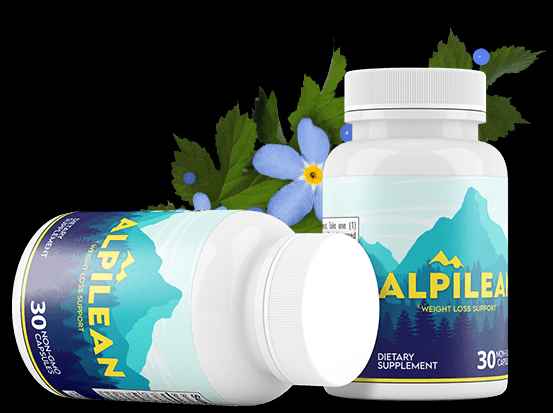
The alpine secret for healthy weight loss

The Most Potent Fast-Acting Formula For Incinerating Stubborn Fat

Real Cortexi Users Real Life‑Changing Results
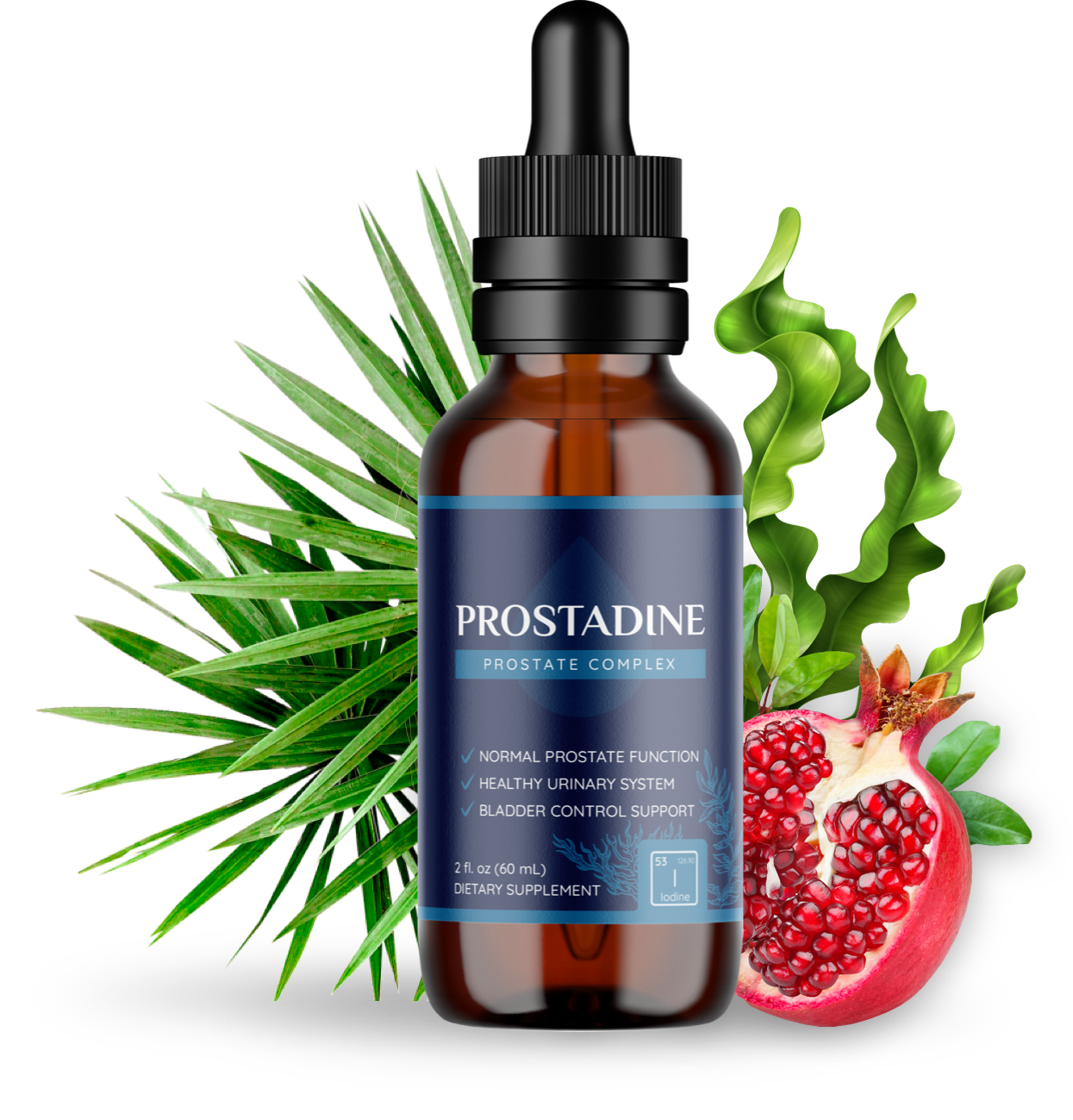
This Cold Drink Might Trigger Your Prostate
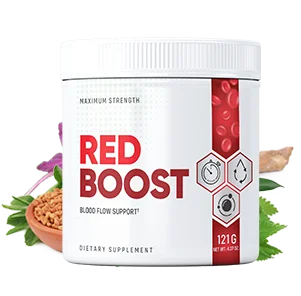
Red Boost is a powerful new formula for boosting male sexual health.
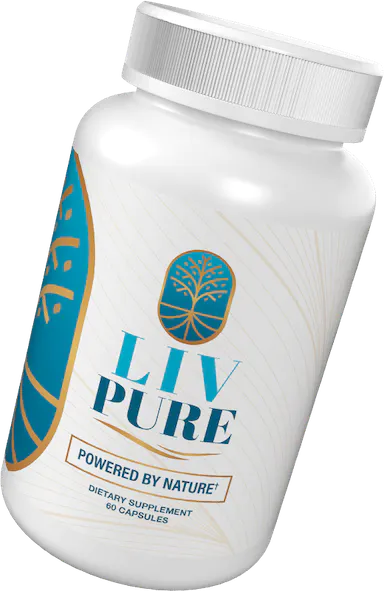
Everything you eat or drink eventually reaches your liver for processing.

Brand New Probiotics Specially Designed For The Health Of Your Teeth And Gums

Empowering You to Take Control of Your Blood Sugar Health!

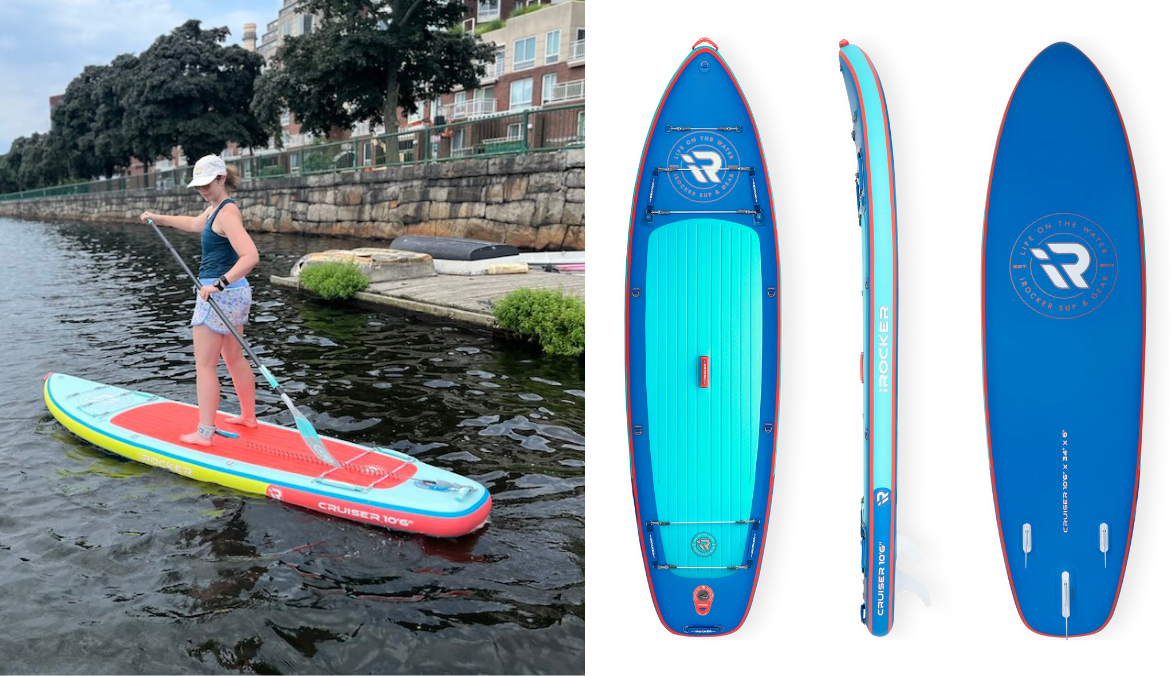
Leave a Reply